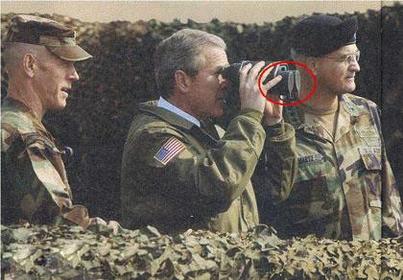Friday, Mar. 07, 2008
Ominous Rise in Baghdad Bombings
By Charles Crain/Baghdad
Thursday’s double bombing in Baghdad, which killed nearly 70 people and left hundreds more wounded, was the worst attack in Iraq since June 2007. It continues a troubling trend: a slow but steady increase in deadly bombings across the country. The troop surge is ending and the U.S. has begun withdrawing soldiers from Baghdad, but these attacks may indicate that a military or political solution to the Sunni insurgency may be as far off as it was a year ago.
The attacks capped off a violent week. Last Sunday more than 20 people died in bombings across the capital. And last month nearly 100 people were killed when two women detonated suicide vests in a crowded Baghdad market. According to statistics released by the U.S. military such attacks declined sharply for most of 2007, bottoming out in December. Since late last year, though, car bombings and suicide vest bombings have increased steadily.
Despite this week’s carnage the absolute number of bombings is still far lower than it was one year ago. The problem, however, is not simply lives lost, but also what the slow increase in attacks says about the resiliency of the Sunni insurgency. Battered by Shi’ite militias, the U.S. military and the defection of more moderate insurgents, al-Qaeda in Iraq and other radical insurgent groups are much weaker now than they were just last summer. But, as U.S. officials are quick to acknowledge, they still have the men, the money and the organization to pose a serious threat.
The question now is how that threat will be kept under control. American troop levels in Baghdad and the rest of Iraq will return this year to about the same level as 2006 — the year that saw the worst of the country’s sectarian violence. Helping to fill that void, supposedly, will be former members of the Sunni insurgency: thousands have become U.S.-paid counter-insurgents and, in some cases, members of the Iraqi government security forces. Unlike the mostly Shi’ite Iraqi army and police, these Sunnis have credibility in their towns and neighborhoods and have proven effective in fighting their former insurgent allies.
The trouble is that this ground-level military solution may be in conflict with other government efforts to reduce the violence and foster stability in Iraq. The Karrada bombing came on the heels of a state visit by Iranian President Mahmoud Ahmadinejad, and struck a neighborhood that is home to Iraq’s largest Shi’ite political party and many Shi’ite government officials. The timing and location of this bombing may have been a coincidence, but Karrada makes a nice target for Sunni militants who frame their fight as a struggle against Iranian domination.
The long-term difficulty for the United States and the Iraqi government is that this suspicion of Iran is not simply a fantasy of radical Sunni insurgents. It is a very real fear of Sunni former insurgents currently cooperating in the fight against al-Qaeda. Former insurgent leaders routinely scorn the Iraqi government’s intentions, casting it as a pawn of the Iranians. So, as the Iraqi government strives to reduce violence by improving its relationship with Iran, it may be setting the stage for continued conflict with disaffected Sunnis.




